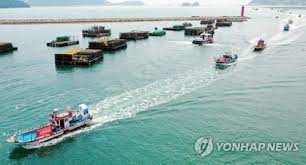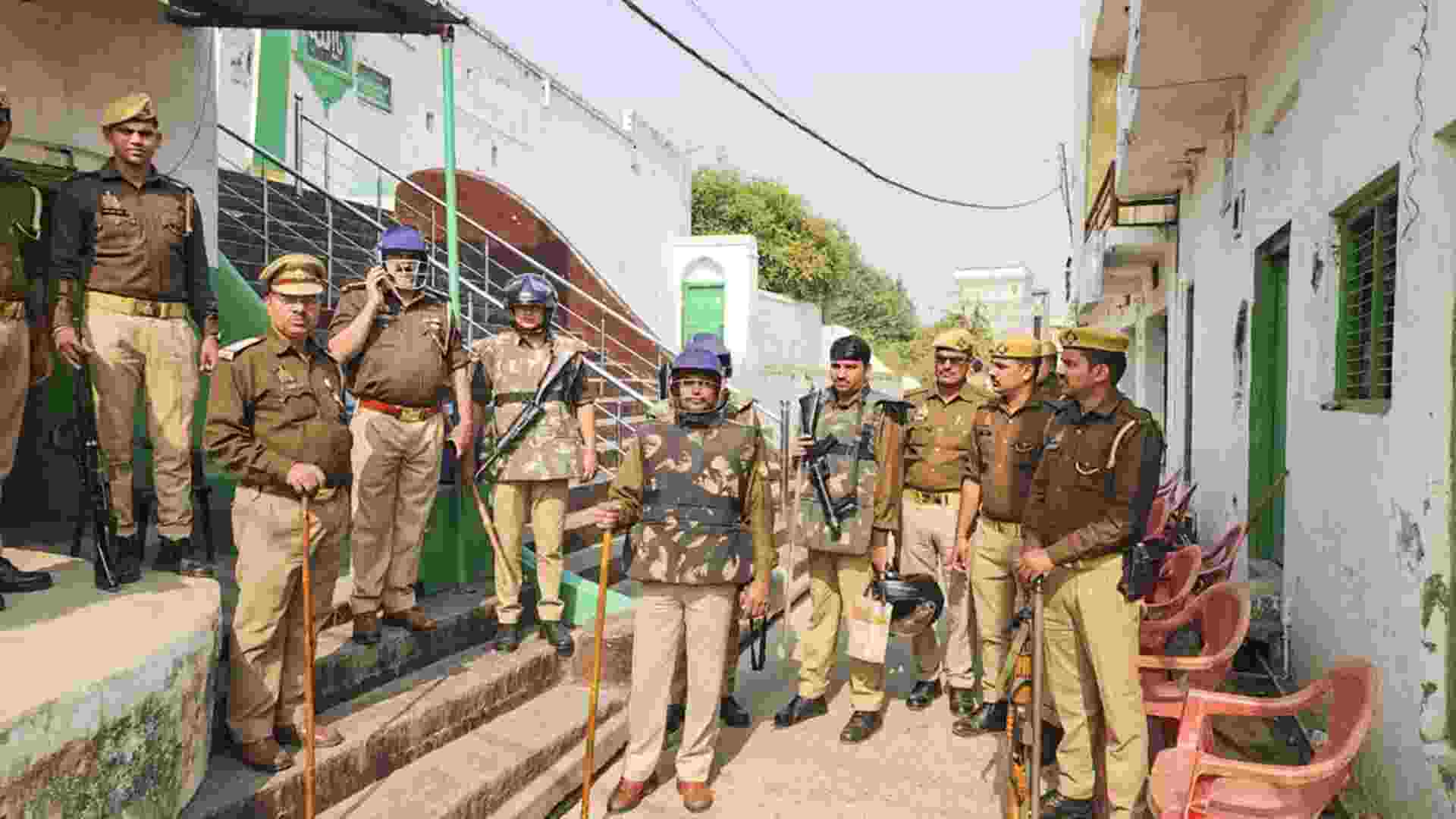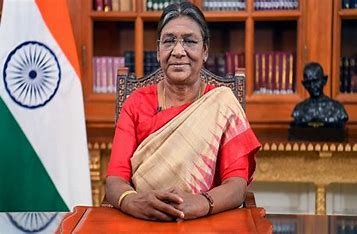
South Korea on Monday began “emergency radiation tests” on seawater at 108 maritime points around the Korean Peninsula to ease concerns over Japan’s planned release of contaminated water from its crippled Fukushima nuclear plant, South Korea’s Yonhap news agency wrote quoting the oceans ministry.
The Oceans Ministry chose 108 more coastal spots, 75 spots in the east, west and south of South Korea, as well as the waters off the southern island of Jeju, and 33 spots from more distant areas to collect samples to check radioactivity levels, Vice Oceans Minister Park Sung-hoon said during a press briefing, Yonhap News Agency reported. The tests will be carried out two or three times per month on each spot, and the government will employ a “rapid analysis method” to draw results in a swift manner, rather than using traditional inspection methods that generally take more than two months.
It will take around four days to get the analysis results, and the government plans to announce them when they are available, ministry officials said.
Japan plans to release radioactive water from the Fukushima plant into the sea soon, as the International Atomic Energy Agency found Tokyo’s plan to be consistent with its safety standards after a two-year review, Yonhap News Agency reported.
Earlier this month, the International Atomic Energy Agency released its Comprehensive Report on the Safety Review of ALPS-treated Water at the Fukushima Daiichi Nuclear Power Station, China Daily reported. Despite rendering approval, the IAEA’s report pointed out Japan’s Advanced Liquid Processing System cannot remove all the radionuclides in the nuclear-contaminated water.
Data released by Japan show over 70 per cent of the ALPS-treated water does not meet standards and thus needs further treatment, China Daily reported.















